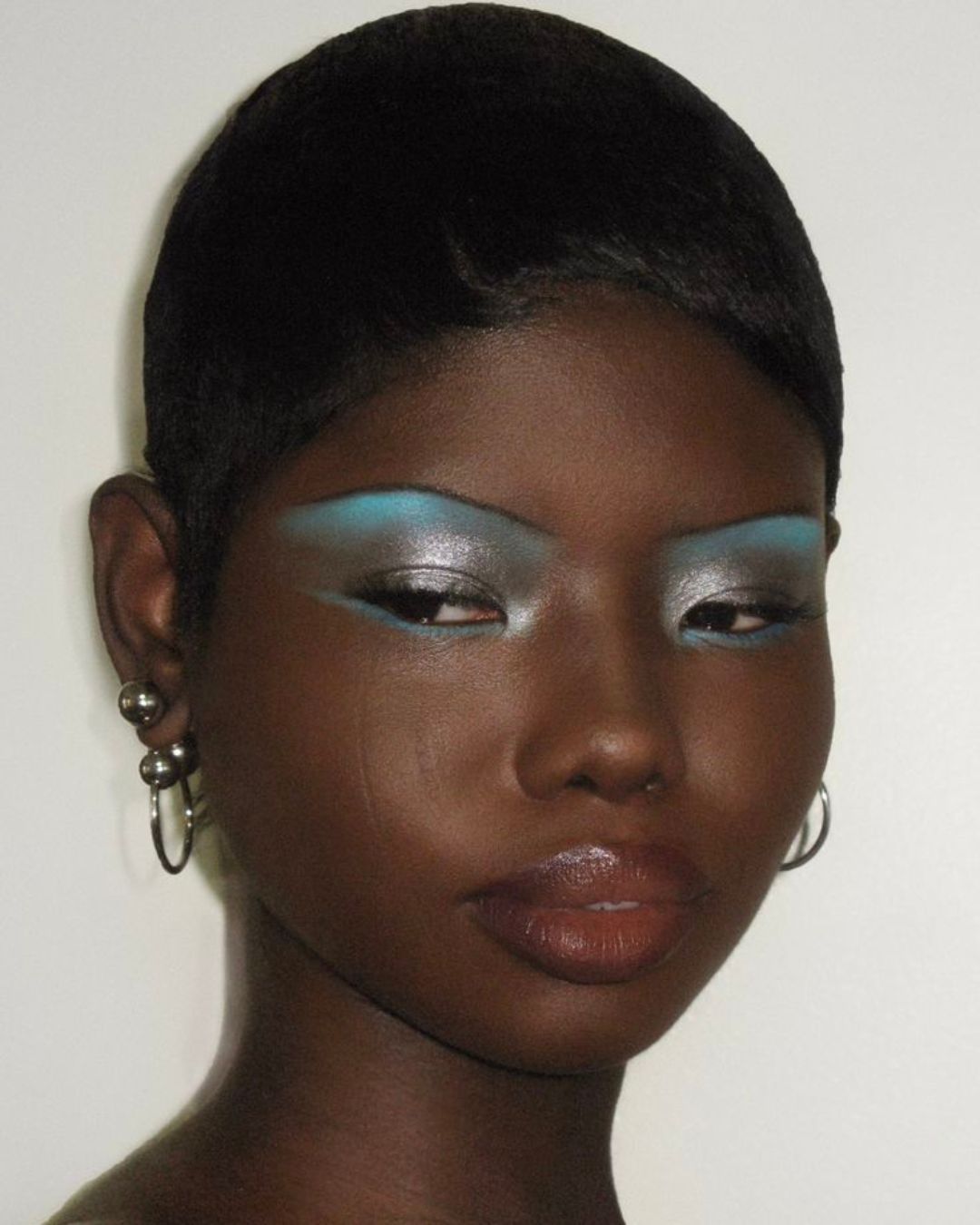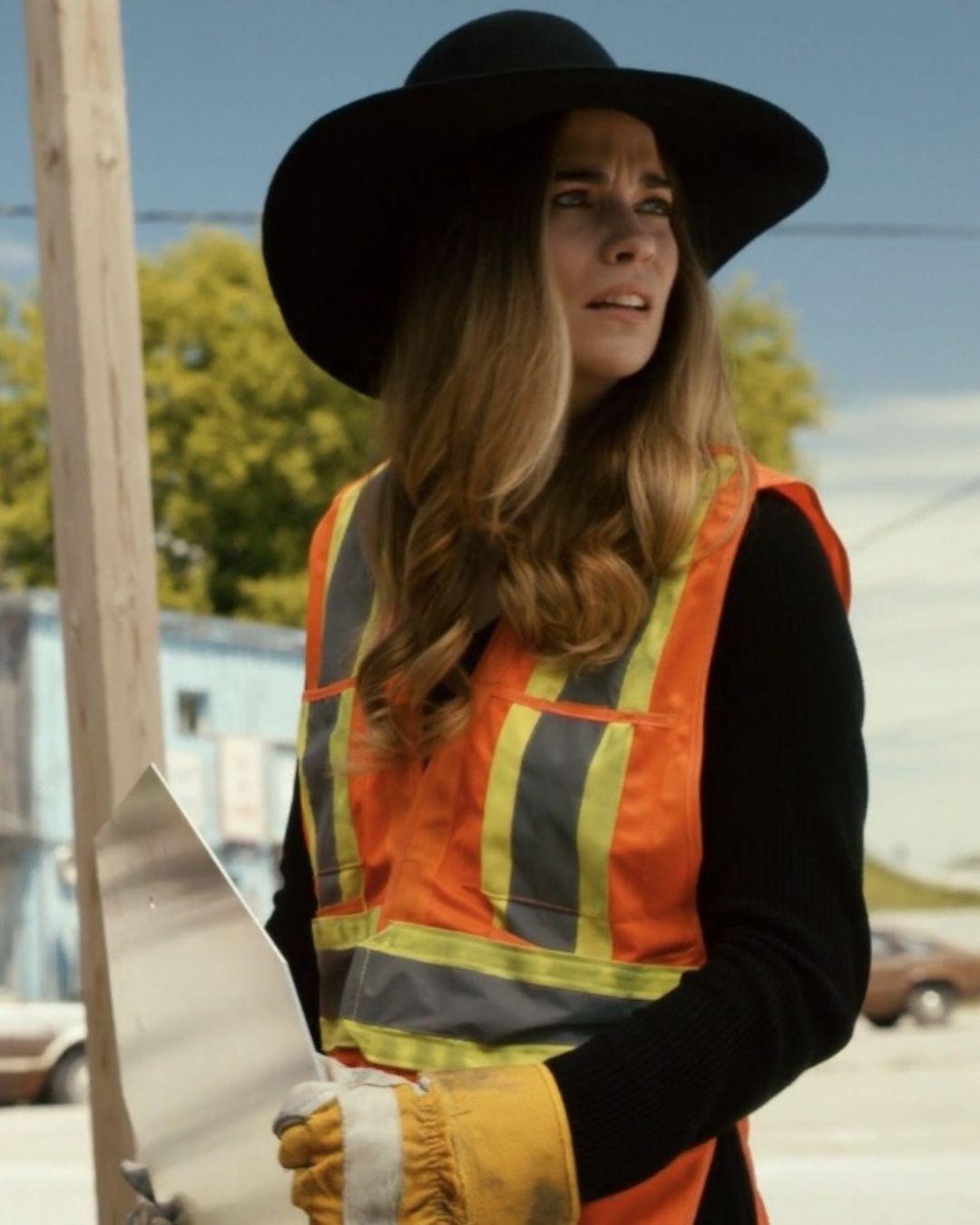
Gen Z killed detox The concept of wellness has changed, and the balances are more fragile than ever
The concept of detox goes hand in hand with diet culture. There's no way around it. Fasting, liquid diets, the idea that our bodies need to be disinfected, detoxified, cleansed through food (or the deprivation of food) as if there weren't entire organs to take care of it: all of this contributes to a sickening and obsessive food and drink culture, which manifests in even small but repeated, internalized, unconscious behaviors, typical of millennials, in the all-or-nothing mentality, in the demonization of alcohol and anything that isn't clean and healthy. It was the 2010s, anyone who wasn't as thin as a reed was labeled by magazines as sloppy and fat. Does Britney Spears ring a bell?
Has Gen Z said goodbye to detox?
There is hope on the horizon. Gen Z is not satisfied with this extreme approach to well-being and seeks more flexible solutions, remembering the unhealthy habits of older sisters, aunts, cousins. Even when it comes to substance use. For example, there's talk of California sobriety, which means using weed but not alcohol, or boy sobriety, which means taking a break from dating apps, to avoid falling into unhealthy loops or overdoing it with self-destructive or addictive behaviors. Without eliminating them altogether. Confirming this impression is Brielle Saggese, lifestyle strategist at WGSN, who predicts trends. According to her, the wellness culture, detox, and diets (the ones we grew up with) didn't make us admit to our bad habits, but rather sought an idealized view of what a healthy lifestyle is, far from reality, possible only for a few.
@dietitianhannah Wellness culture
A new (fragile) balance
Gen Z goes to the gym but dines and drinks out on Friday nights, meditates but spends hours on social media or stays up until late. Well-being no longer means having a perfect, monastic life of deprivation, but seeking a realistic and sensible balance, possible to maintain, under the belief that giving up one vice only leads to seeking another, as a replacement. It's not all roses, though. It's also necessary to consider the wave of rediscovered hedonism that followed the acute phase of the pandemic, which manifested itself in advertising campaigns and headlines, and pushed for a return to life through alcohol, food, and drugs. Furthermore, in the younger generations, there is also a certain nihilism, a strong distrust in the future - fueled by increasing wealth disparities, environmental crises, geopolitical conflicts - which is reflected and actualized, as one can easily imagine, in the lack of desire and willingness to protect oneself for the future. To this, add greater confidence in saying no, in maintaining firm boundaries, in enforcing one's will, not succumbing to peer pressure or prevailing standards. A nice mix of contradictions, just like the world we live in.
@glowbymarlowe A juice cleanse is not the best way to detox. Instead make sure you're doing these two things daily. #mariamarlowe #acnenutrition #acnenutritionist #skincaretips #skincaretok #acnesolution #acnesolutions #detox #juicedetox #fyp #foryou original sound - Marlowe | Acne Nutritionist
How do wellness brands respond?
The wellness industry is struggling. Or rather, its old methods are, completely unmasked by the ability of younger generations to see beyond elitism, unattainable beauty and thinness standards, diet culture, extreme food trends, and the difficulty - sometimes - of achieving true inclusion even towards non-conforming bodies. What is needed is a break in the cycle, a halt to this loop of trends, vices and remedies, detoxes and diets, trends that tell us which milk to drink and which to avoid, only to reverse them as needed. "People are realizing that their obsession with wellness was actually less healthy than their pre-existing habits," Saggese told Business of Fashion. "Now there are more brands playing in the middle, which is smart because that's where most consumers live."
@camipetyn 8 things i wish i knew before getting sober (get 10% your @Recess order with code CAMI10) #sobertok #sober #sobriety Mozart Turkish March (1120879) - arachang
Can online oversharing lead to freer dialogue?
Added to all this is a decreasing lack of shame in talking about one's vices, one's body, one's excesses, and one's addictions, even online. There are many users documenting their sobriety, showing themselves regardless of the perfection of their bodies, and with their very existence - exhibited on social media and welcomed with great enthusiasm and participation from users - becoming posters of a new, imperfect, and therefore realistic balance that is easy to empathize with. Want to quit using the e-cigarette? Quit vaping? Drink only once a week? Stop being ashamed of your cellulite and start wearing skirts again? You'll find someone who, on TikTok, is trying the same thing, and who will tell you in detail how they feel and when they relapse. Because that's how life goes, despite wellness, shame, and social pressures.

























































